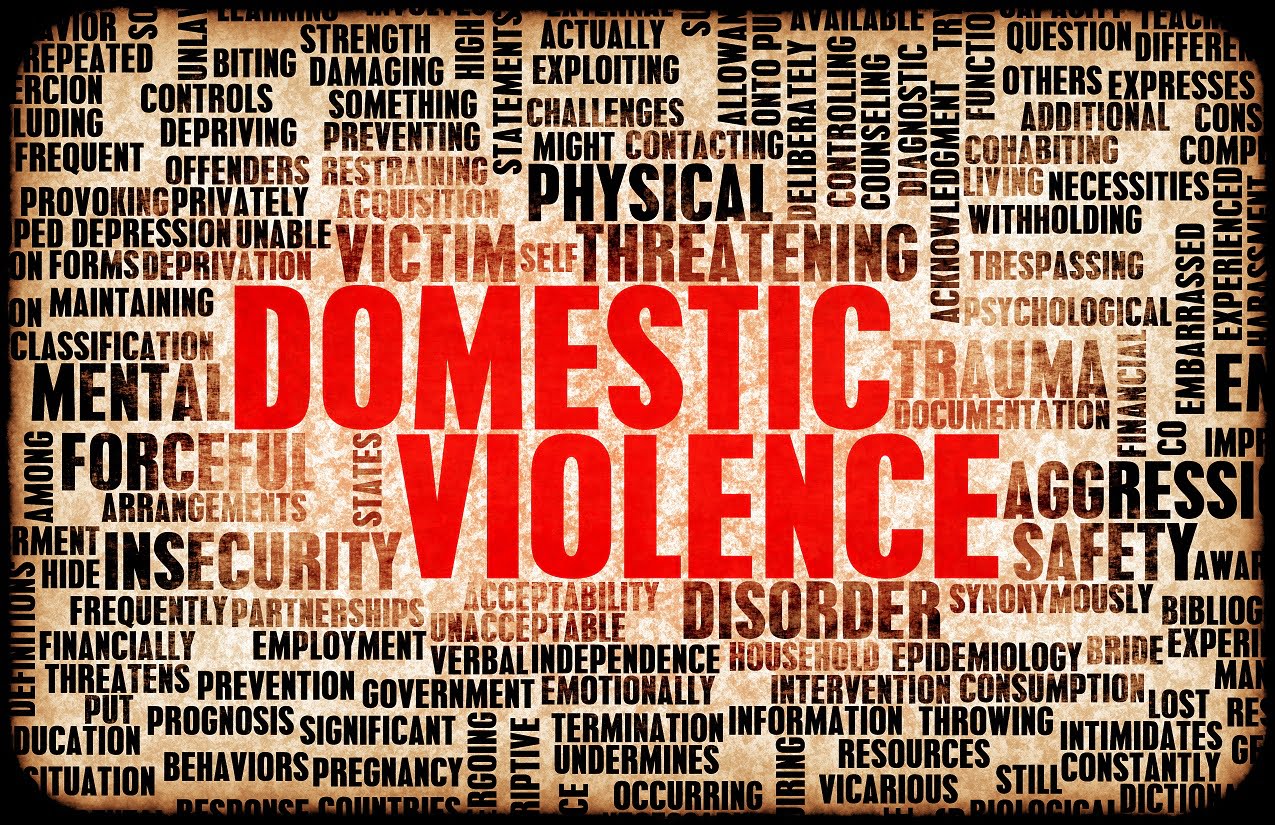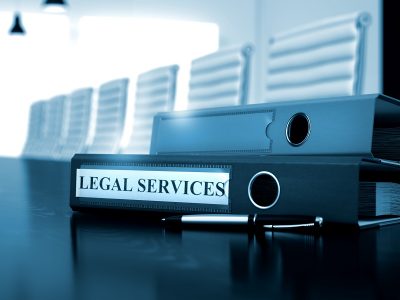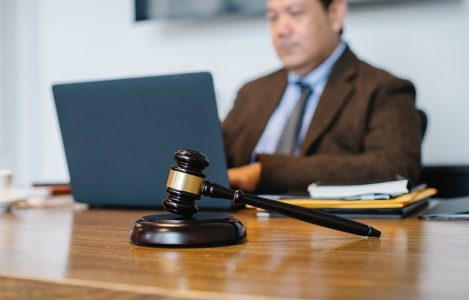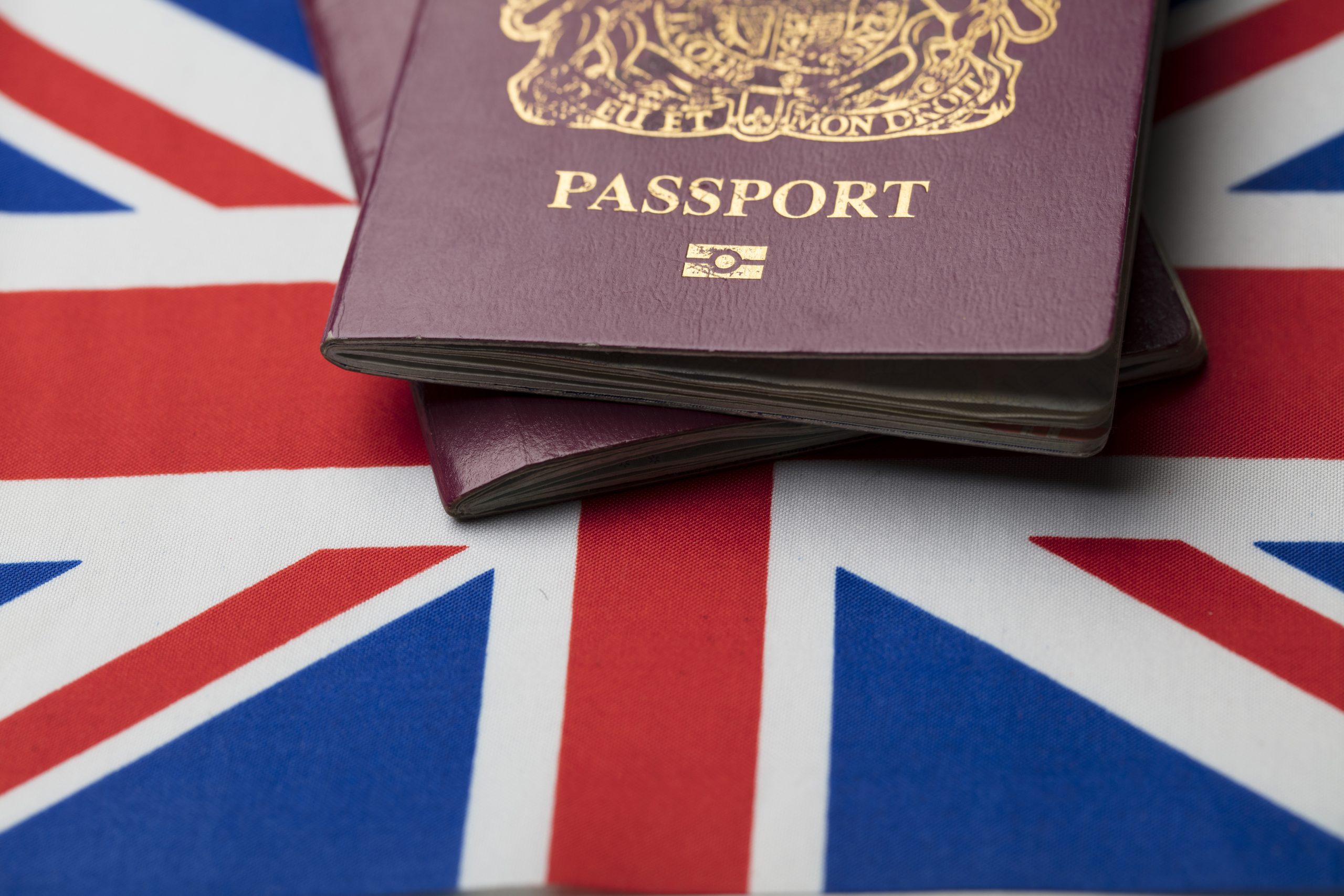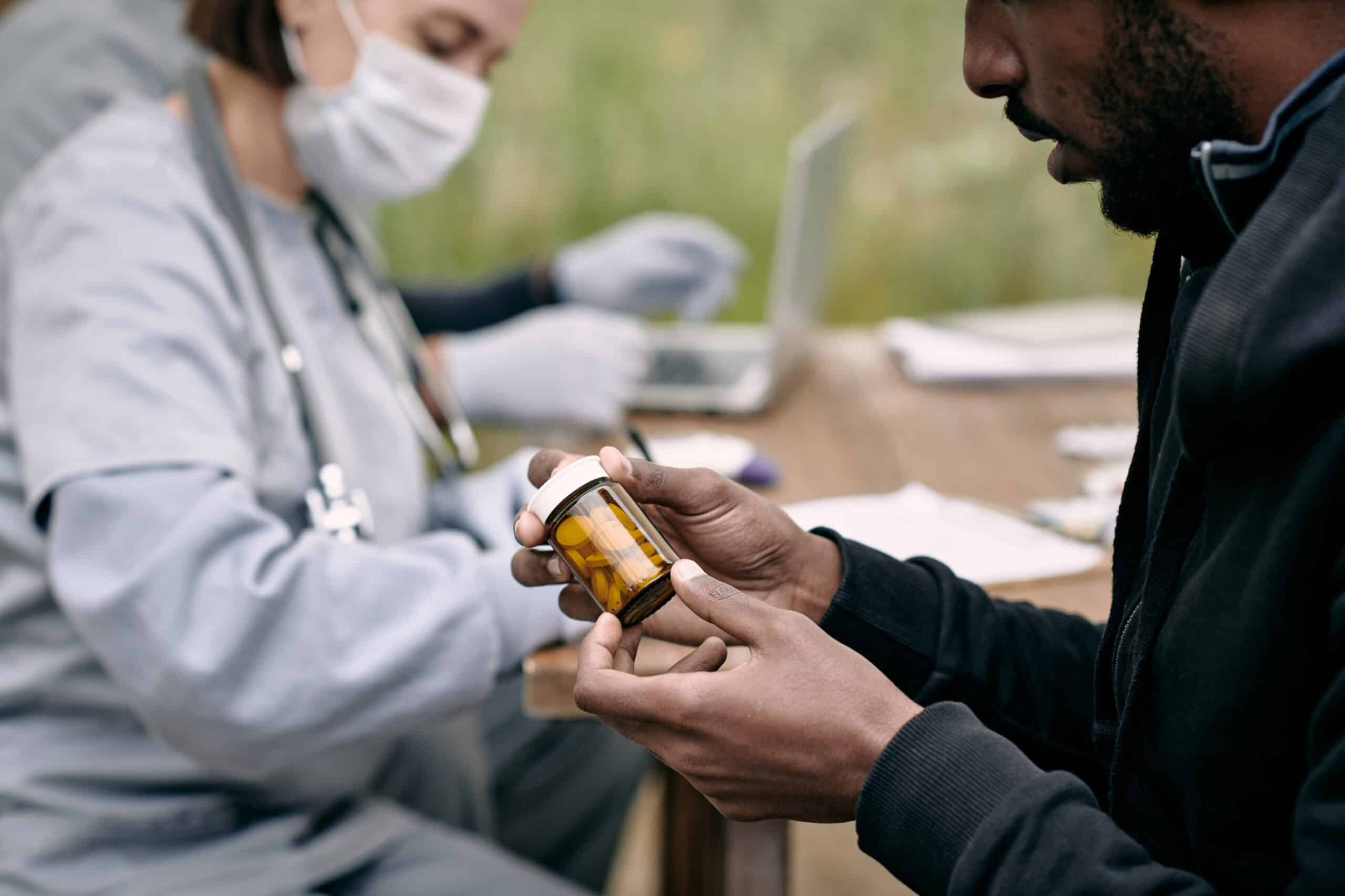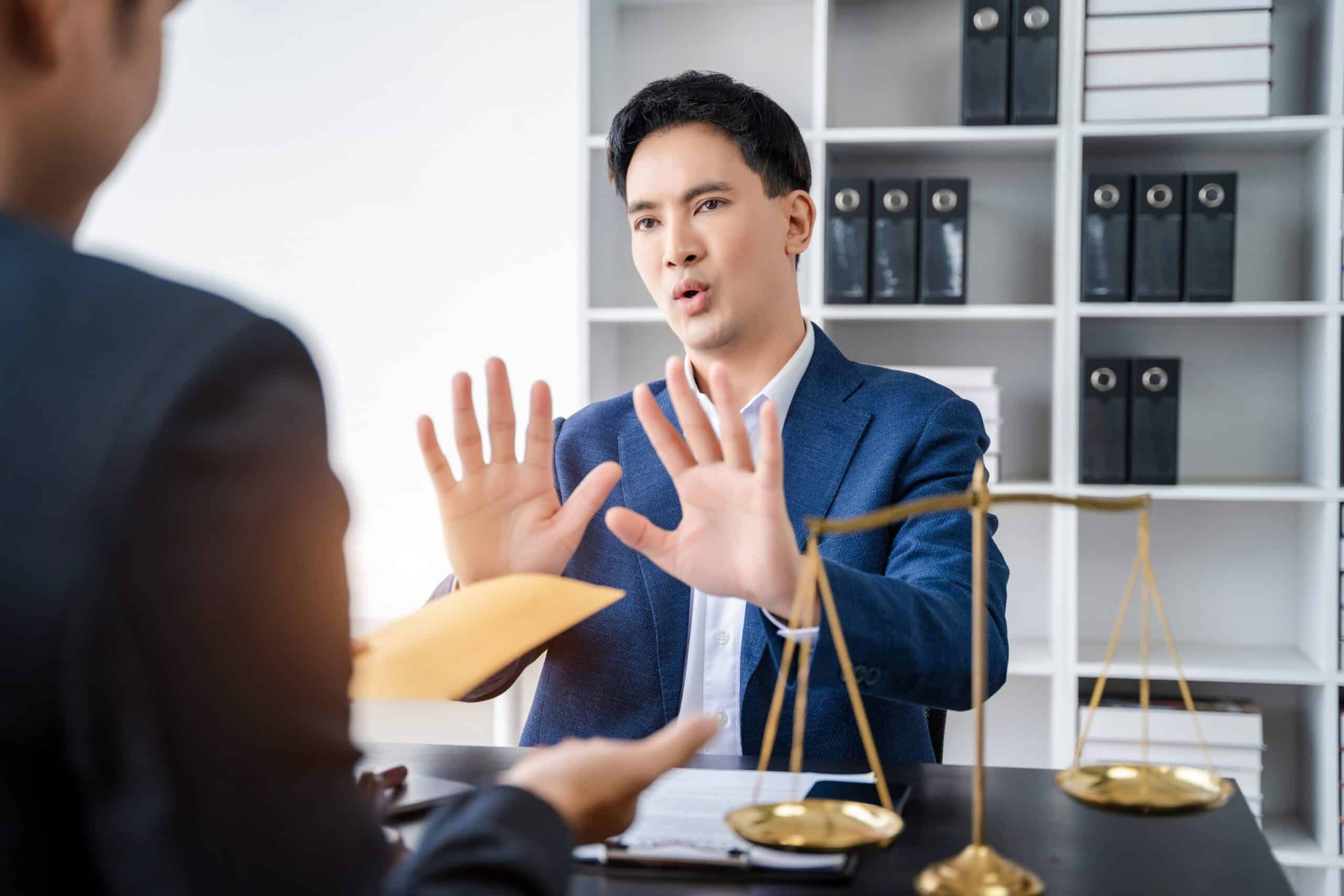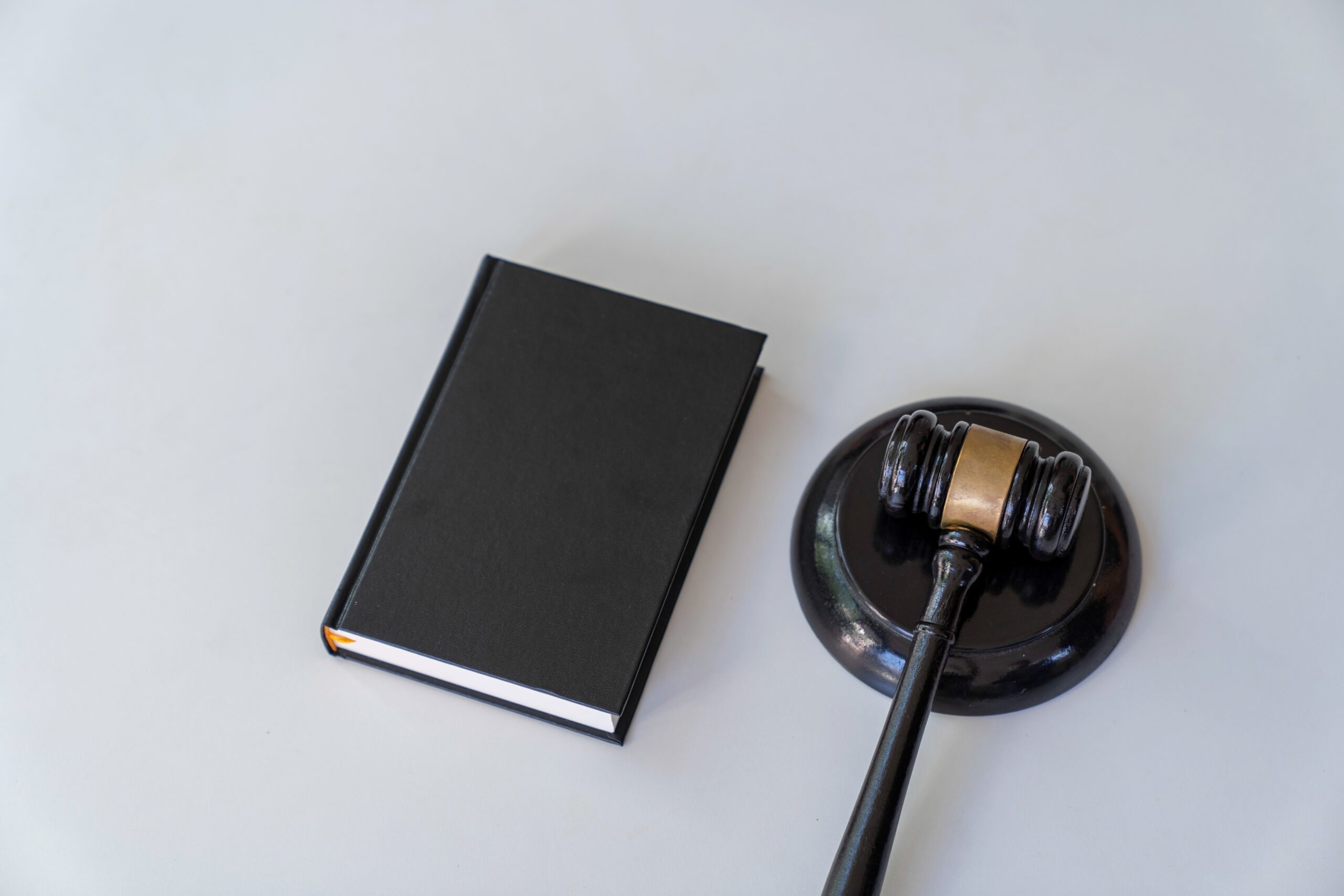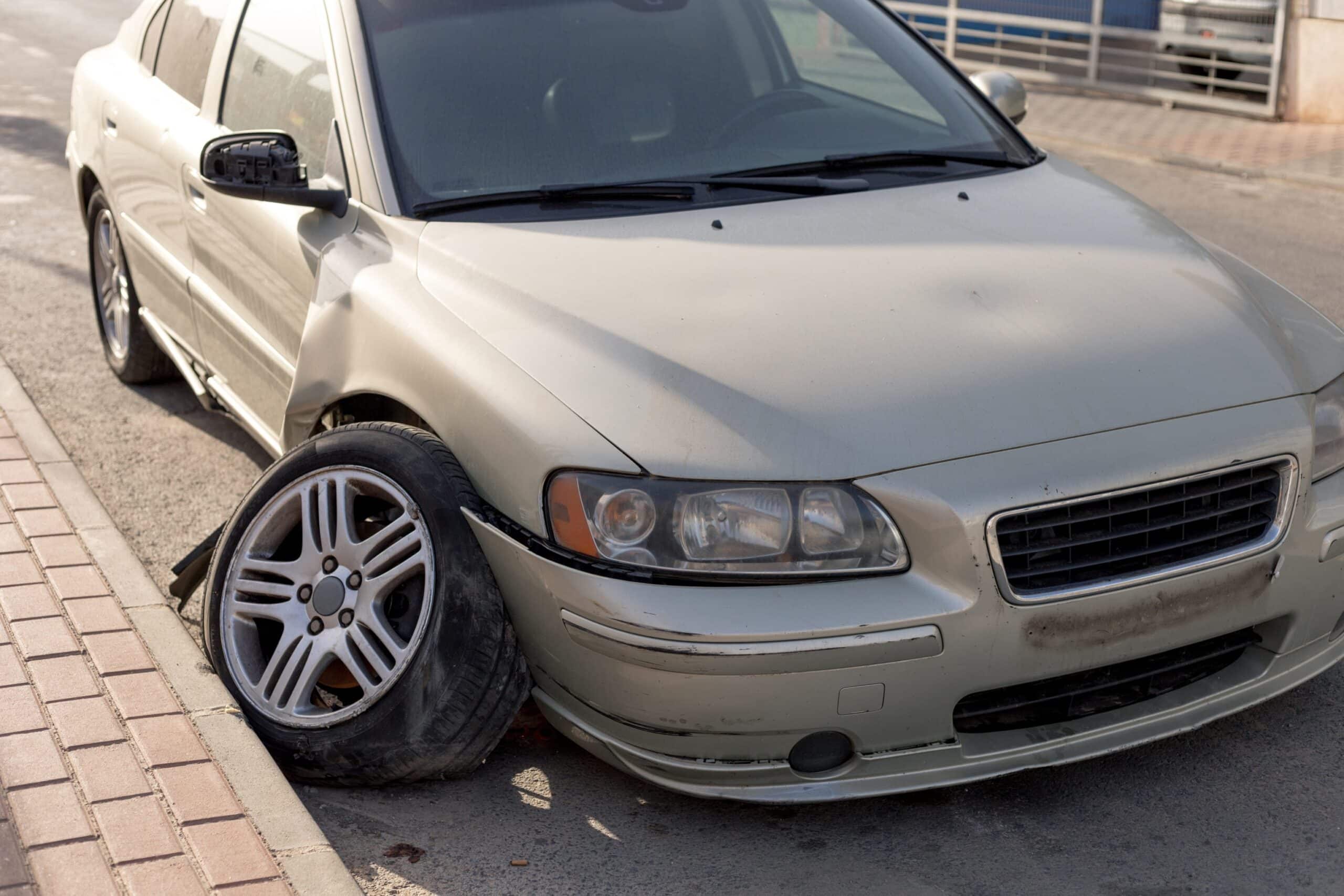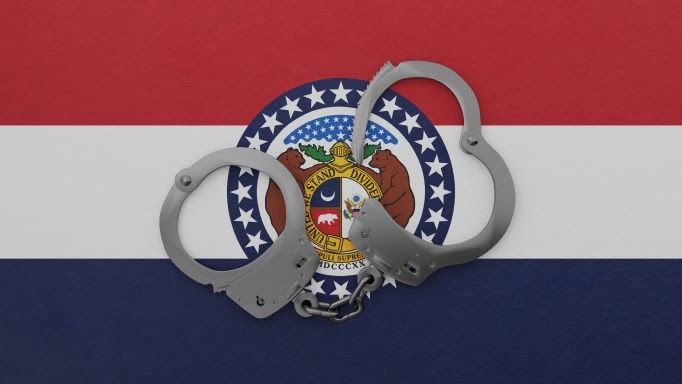A Guide to Hiring a Criminal Defense Lawyer in Orlando- Guest Post
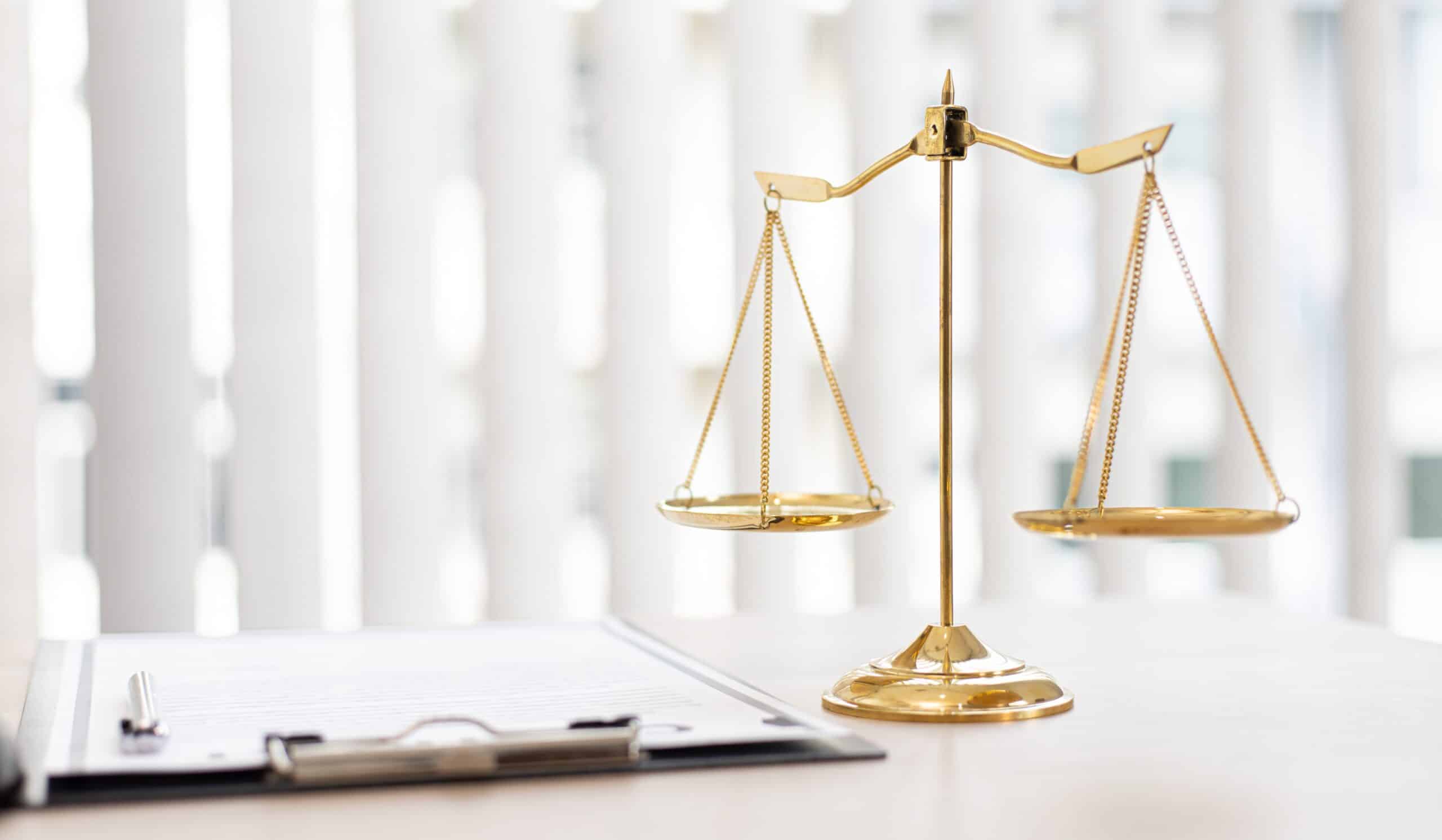
Whether you are facing charges for drunk driving, fraud, murder or anything illegal, hire a licensed criminal defense lawyer in Orlando to get all possible help.
A knowledgeable attorney will benefit you in several ways. Starting with taking care of the paperwork so that the documents are filed properly. These trained professionals are well-versed with criminal laws and various loopholes that can work in their client’s favor.
With countless criminal defense lawyers out there, it is baffling to decide on the right one. How do you know whether someone is worth trusting for such a massive job of defending you? Fortunately, in this article, we have curated a detailed guide to making an informed decision that you will be proud of for many years to come.
So, read on as we learn about hiring a criminal defense attorney:-
#1 Learn About their Qualification
The first and foremost question is about their education. The year when they completed the degree, how many criminal cases they have defended, the type of criminal cases they handle the most, in which courts they have defended so far and many more.
Find about any awards and achievements they have been conferred with. It will give you an insight into how much you can count on the attorney.
#2 Do They Have Courtroom Experience?
One of the crucial facets to look into when deciding on a criminal defense lawyer is their courtroom experience. The criminal court trials move fast. There are often times, a lawyer has a second or two to make an objection that significantly impacts your case’s outcome. It is imperative to ensure that your attorney has enough courtroom confidence. Also, well-aware of the rules to strongly defend you in court.
In this regard, you can easily judge a book from its cover. Is your defense lawyer well-spoken and has a neat appearance when you meet them? They’re likely to behave the same way in court.
All this will contribute to the chances of you winning or losing the case in the court.
#3 Have You Checked Reputable Sources?
You can learn a lot about your potential criminal defense lawyer through sources Some of the sources are reputable, and others not.
Do check the State Bar of Orlando to see if your criminal defense attorney has any formal discipline on their record. It is a reliable source to check, but you should not stop here.
Several other top-rated reputable sources such as Google+ and Facebook to determine the credibility of your prospective criminal defense lawyer. These sites display genuine customer reviews, and attorneys can not remove the bad reviews about them.
Unlike other sites, these platforms won’t let criminal defense lawyers paint a rosy picture for their upcoming clients.
While, you should not count out an attorney just because of one bad review. However, reviews give a general idea of what previous clients say about your prospective criminal defense lawyer.
#4 Do They Have a Clear Fee Structure?
A reputed criminal defense lawyer often doesn’t confuse their clients with their bills. Instead, they will clearly explain the terms and conditions about how they are going to bill. They will also give a rough idea with regards to the total cost for your legal representation.
Your criminal defense attorney should be honest and transparent to explain the legal fees upfront. Plus, be ready to take questions to clear all your doubts right away. Some lawyers charge on an hourly basis or flat fees.
While hiring a cheap attorney is easy, you can’t expect favorable results. Before inking a contract with your potential attorney on an hourly basis, you should ask for how many hours you expect to pay for.
No matter what type of fee method you agreed on, it is highly advisable to obtain proof in writing.
Trust Your Instincts
With so much at stake, it’s worth your time and efforts to locate a dependable criminal defense lawyer in Orlando to defend you in the court. Do comprehensive research over the Internet. And, personally interview before you decide whether to hire them or not.
Don’t feel timid to ask queries. Take recommendations from your friends or those who have recently hired a criminal defense attorney.



